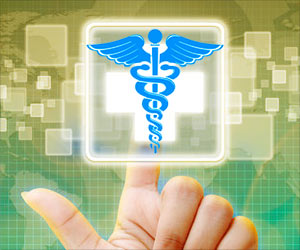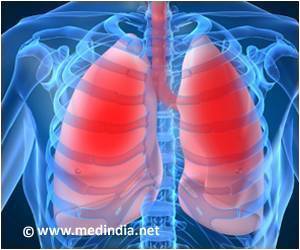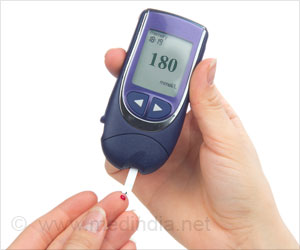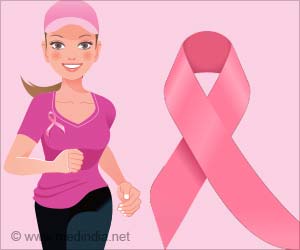Simple tips on staying safe after a hurricane. Poisoning risks increase during and after a severe weather event. Here are some tips that you have to keep in mind after a hurricane.
- Drink clean water and eat safe food, as floodwaters can contaminate food and water
- Wear EPA- registered insect repellent to prevent bites from both ticks and mosquitoes
- If someone is unconscious, not breathing or having a seizure, call 9-1-1 immediately
Floodwaters can cause injury and spread illness and disease. Standing water may contain sewage, snakes/reptiles, dangerous chemicals, and housing and building debris.
Floodwaters can contaminate food, drinking water and medicines. If there's a chance any of these items have come in contact with floodwater, do not use them — throw the items out.
Although ticks and mosquitoes may be the farthest thing from your mind, they shouldn't be. Bites from ticks and mosquitoes spread illness and disease. Mosquitoes will lay eggs in standing floodwaters.
Wear EPA- registered insect repellent to prevent bites from both ticks and mosquitoes. Be mindful of other types of bites — wildlife and pets are often displaced after disasters. Scared, cornered, or injured animals will bite.
Carbon (CO) monoxide is a toxic gas that gives no warning – you cannot see it, smell it, hear it, or taste it. Gas-powered equipment, including generators, pressure washers, grills, camping stoves, and vehicles, produce carbon monoxide.
It is unsafe to idle your car in the garage even with the garage door open. If you need to charge your phone, pull your vehicle completely out of the garage with the tailpipe/exhaust facing away from home.
Dangerous levels of CO can build up quickly in your home, apartment, or vehicle, poisoning those inside, including pets.
Every home should have working carbon monoxide detectors. Detectors should be on every level of the home, including near sleeping areas. If detectors are battery-operated, remember to check them twice a year when changing the clocks.
It is important to recognize the signs and symptoms of carbon monoxide poisoning and to act quickly. Early symptoms of CO poisoning can be confused with viral illnesses like the common cold, seasonal flu, and COVID-19 (headache, dizziness, weakness, upset stomach, vomiting, chest pain, and confusion).
CO poisoning is a medical emergency. Call your local poison control center at 1-800-222-1222 if you suspect poisoning. If someone is unconscious, not breathing, hard to wake up, or having a seizure, immediately call 9-1-1.
Additionally, power outages significantly increase the risk of food and medicine poisonings.
Foodborne illness, also known as food poisoning, results from eating food contaminated with harmful bacteria, viruses, or other foreign material. The symptoms of foodborne illness are flu-like and may include abdominal pain, diarrhea, nausea, vomiting, and fever.
Food in refrigerators and freezers can quickly spoil when the power is out. Limit the use of refrigerators and freezers, only open doors when necessary. Be mindful of medicines that need to be refrigerated as they too can spoil.
Other things to note:
- Place a refrigerator thermometer in the center of the refrigerator. If the temperature is above 40 degrees Fahrenheit, throw out the food.
- When power is restored, allow time for the refrigerator to reach below 40 degrees Fahrenheit before restocking.
- If any food looks or smells odd or if you are just unsure, remember the old saying: "When in doubt, throw it out."
Handling gasoline improperly can lead to illness and injury. Do not siphon gas. Gasoline can cause chemical burns to the skin, eyes, and mouth. If swallowed, gasoline can cause devastating health effects from pneumonia to coma to death.
What should you do to stay safe when trying to clean up after a storm?
Use gloves and eye protection. Do not mix chemicals – this could create toxic fumes. Open doors and windows to ensure there is plenty of air circulation. Follow the directions on cleaning products, including directions on how to dilute the chemical safely.
Source-Eurekalert













